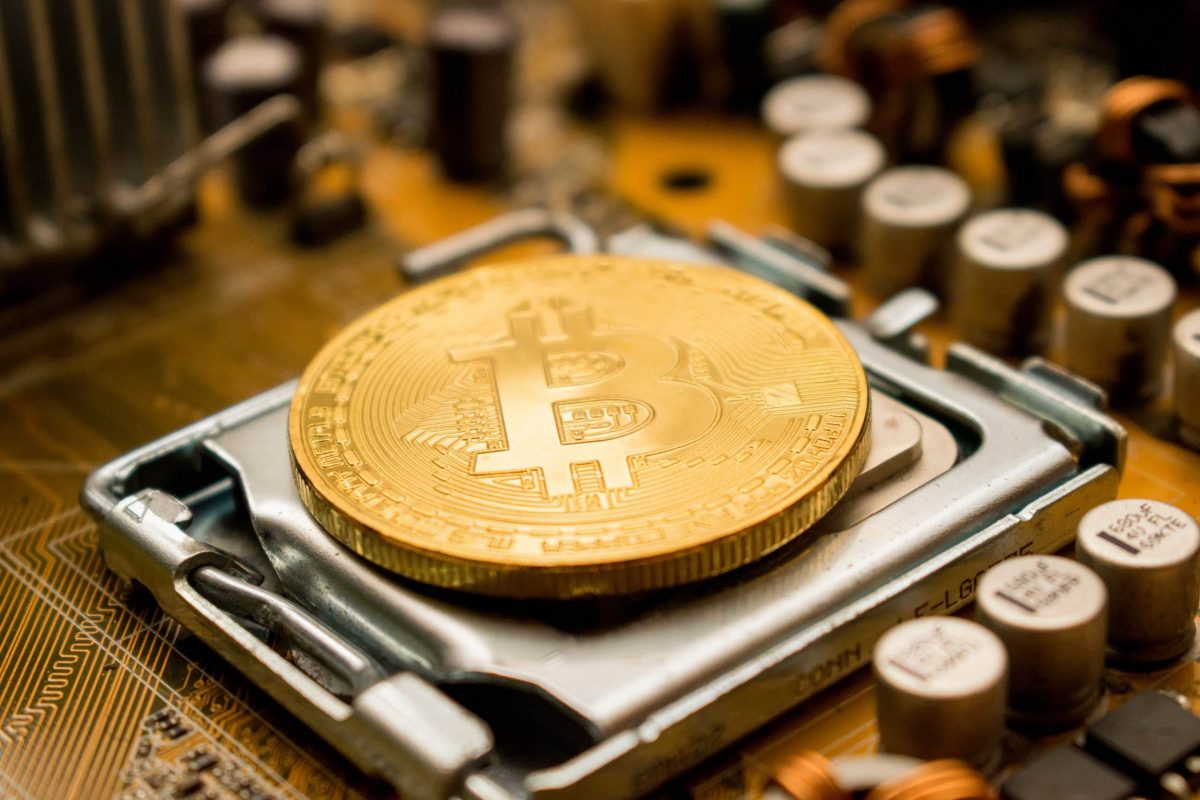Iceland is ‘Europe’s last Bitcoin mining refuge,’ but concerns emerge

- Iceland has become the world’s largest hash rate producer per capita.
- However, environmental concerns are making Iceland’s government turn BTC miners away.
On 21 February, Bitcoin [BTC] mining researcher Jaran Mellerud published a report on the state of Bitcoin mining in Iceland. He noted that the European country is the world’s largest hash rate producer per capita.
According to Hashrate Index, Iceland has become one of Europe’s last Bitcoin mining havens. In addition, the island nation has vast amounts of stranded hydro and geothermal energy.
The researcher estimated that the country’s BTC mining industry consumes around 120 megawatts of electricity. This equates to a global hash rate of 1.3%, which isn’t much. Iceland, on the other hand, has a population of around 370,000 people, making it the largest hash rate producer per capita.
Iceland is the most electricity-rich country in the world, thanks to its volcanoes and waterfalls. It generates nearly twice as much as the second-placed country on the list, Norway, Europe’s largest Bitcoin mining hub. In fact, the two countries are the only ones in the world that are entirely powered by renewable energy.
Iceland is not the most ideal for Bitcoin mining
Bitcoin miners have, however, reported that obtaining energy allocations for new data centers is becoming increasingly difficult in Iceland. This implies that the potential for growth will most likely remain at current levels in the foreseeable future.
In December 2021, National Iceland electrical company Landsvirkjun reduced the amount of power it will provide to certain industries, including Bitcoin mining. The reasons cited for this decision were a series of issues, including a problem at a power station, low hydro-reservoir levels and accessing energy from an external supplier.
United Kingdom-based mining group Cloud Hashing relocated 100 miners to Iceland in 2013. HydroMiner GmbH, an Austrian company, raised approximately $2.8 million in its initial coin offering in November 2017 to install mining rigs directly at Icelandic power plants.
The network hash rate reached an all-time high of 318 exahashes per second (EH/s) this week. It is now hovering just below those levels, having risen by 25% since the beginning of the year.







